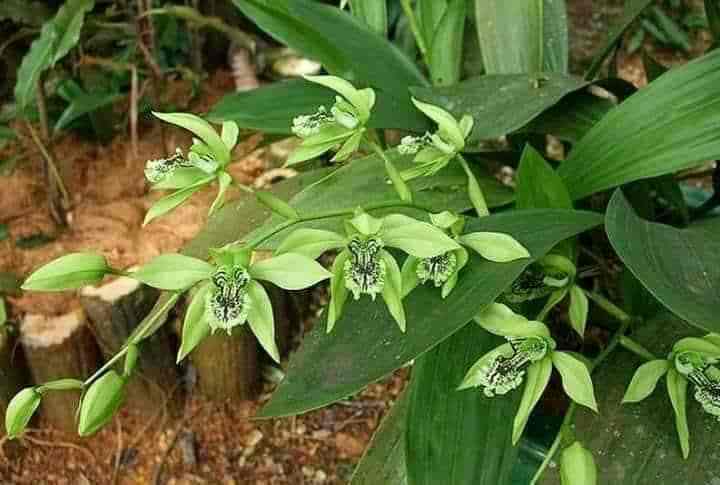How to plant orchids to be diligent in flowering
Orchids are plants that are enjoyed because of the beauty of the flowers that can last a long time. Orchid flowers are very exotic and can be used as indoor or outdoor ornamental plants even for cut flowers. This is what makes the market share of this plant very wide open.
According to the type of stem growth, orchid plants are divided into:
- Mopopodial: i.e. unlimited growth of stems, such as Vanda type.
- Simpodial: i.e. limited stem growth, such as types Cattleya, Denbrobium and so on.
According to its habitat, orchid plants can be divided into 2 groups, namely:
- Epifit: which is a plant that hitches on another plant but not detrimental to the host plant.
- Terestrial: ie plants that live and grow above the ground and requires direct sunlight.
The way to cultivate orchids is generally almost the same as other ornamental plants. It’s just that to be able to live and flower well, this plant needs special attention to the following things:
Daftar Isi
1. Selection of Superior Seeds
Genotically good seeds comes from a healthy parent, diligently flowering, many flowers with bright colors and not easily wilted. Propagation of seeds can be generative by seeds or vegetatively through separation of tillers.
2. Environmental factors
Environmental factors that greatly influence the growth and flowering of orchids are:
A. Light intensity
Light intensity affects the growth and development of orchids depending on the type, size and age of the plant, usually in the range 1500 – 5000 fc.
B. Temperature
The temperature needed by orchid plants depends on the type and location. For lowland, daytime temperatures 24 – 33°C and nighttime 21 – 27°C.
The highlands, daytime temperatures 18 – 27°C and nighttime 13 – 18°C.
C. Humidity
The air humidity required is between 60 – 80%.
These environmental factors can be manipulated in such a way according to the location and the scale of the cultivation effort to be carried out.
3. Plant maintenance
Plant maintenance is a routine activity to maintain plant growth and development as expected. Plant maintenance includes:
A. Sprinkling
Watering is usually done twice a day morning and evening, or according to circumstances. It will be far more effective and efficient if it is watering and providing nutrition / fertilization with GDM Liquid Organic Fertilizer for Ornamental Plants. Watering is carried out evenly on all parts of the plant, especially the lower part of the leaf.
B. Fertilization
GDM Organic Fertilizer for Ornamental Plants contains macro and micro nutrients and 7 beneficial bacterias. In addition, it can be combined with compound fertilizer that has been diluted once a week. Dosage and composition of N, P and K according to age and plant growth phase.
C. Pest Control
Plant pest control using pesticides is adjusted to the type of pest organism and the level of attack.
The use of GDM Liquid Organic Fertilizers for Ornamental Plants can continuously prevent the attack of plant pests and increase plant resistance to the attack of the pest.
So how to plant orchids to diligently flowering? the better we pay attention to orchids, the more diligent flowering.





